Kampala — Reach A Hand Uganda (RAHU) has successfully held a vibrant graduation ceremony for the 2024 cohort of its Peer Educators Academy.
The event, which took place on February 28 at Lungujja, saw a record-breaking 73 young individuals graduate—an impressive 82.5% increase from last year’s 40 graduates. The diverse cohort included participants from various backgrounds, including persons with disabilities.
Empowering Youth Through Peer Education
Speaking at the ceremony, RAHU’s Acting Country Director, Benson Muhindo, highlighted the program’s critical role in addressing gaps in sexual and reproductive health education, especially in underserved areas.
“While the Ministry of Health is working to integrate sexual and reproductive health education into formal school curriculums, there are still significant gaps in rural and marginalized communities,” Muhindo explained. “The Peer Educators Academy helps bridge this divide by providing an interactive, peer-led learning environment where young people can educate and support each other.”
RAHU CEO Humphrey Nabimanya echoed this sentiment, emphasizing the impact of peer educators. “These young leaders are not just the future—they are the present. Their dedication to spreading awareness on sexual and reproductive health is truly inspiring,” he stated.
A Holistic Approach to Sexual and Reproductive Health Education
The Peer Educators Academy is an annual initiative by RAHU that trains young people aged 18-30, equipping them with the knowledge, skills, and leadership abilities to educate their peers on Sexual and Reproductive Health and Rights (SRHR).
Over the course of one month, participants undergo intensive mentorship and training on key topics such as sexual health, consent, family planning, HIV prevention, and gender equality. Following this, they engage in a year-long volunteer program where they apply their knowledge in real-world settings, leading peer learning sessions in schools and communities.
Transformative Experiences of Graduates
Several graduates shared their experiences, highlighting the program’s impact.
Nantambi Esther, who received the Best Female Peer Educator Staff Choice Award, expressed appreciation for the academy’s inclusive and interactive approach. “This year has been an eye-opening journey. The academy taught me the power of diversity and how learning from different experiences makes our work more impactful,” she said.
Kia Allen Olaye also reflected on her growth, stating, “Before joining, I had limited knowledge of sexual health. What we learned in school felt incomplete. At the academy, I gained practical knowledge about consent, safe sex, and how to communicate with peers. The peer-led approach made learning much more engaging.”
Parents’ Perspectives on the Program
Parents and guardians also acknowledged the academy’s effectiveness in educating young people.
Fauziah Nakiboneka noted the difference in teaching methods between traditional schools and the Peer Educators Academy. “Schools often teach sexual and reproductive health in a rigid, formal way that doesn’t fully engage students. Here, learning is interactive, making young people feel comfortable discussing sensitive topics.”
Mr. Mwima Yahaya, guardian to one of the graduates, emphasized the program’s inclusivity, especially for youth with disabilities. “Traditional school settings don’t always accommodate the unique needs of young people with disabilities. This program, however, provides a supportive and non-judgmental learning environment for all,” he said.
The Peer Educators Academy continues to play a crucial role in equipping young Ugandans with the tools to educate their peers, fostering healthier communities through informed discussions on sexual and reproductive health.




















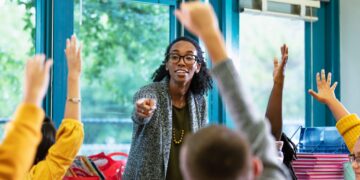
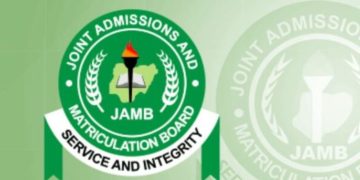
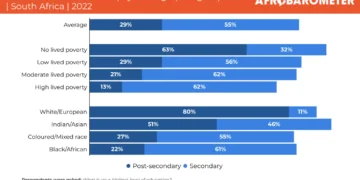

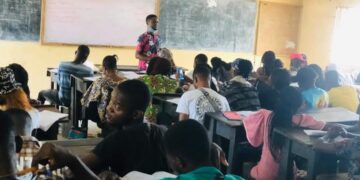
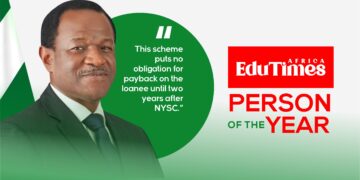





































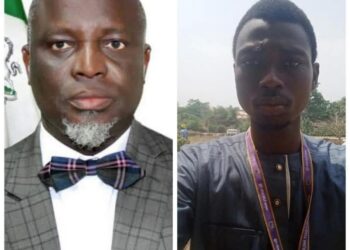

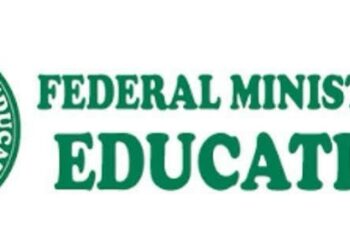


 EduTimes Africa, a product of Education Times Africa, is a magazine publication that aims to lend its support to close the yawning gap in Africa's educational development.
EduTimes Africa, a product of Education Times Africa, is a magazine publication that aims to lend its support to close the yawning gap in Africa's educational development.

